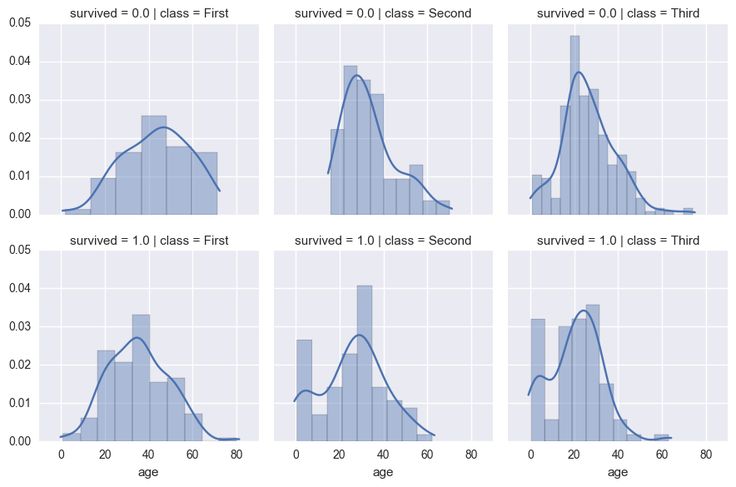
The aim of this module is to provide an opportunity for all School of MSAS students (single & joint honours) to develop the skills and knowledge required to succeed both during and after their time at University. Students will develop their transferable skills and experiences to create a personal portfolio that can be used to reflect and plan their ongoing personal development throughout their University life. Students will work closely with their personal advisors within the department to develop their individual portfolio. The portfolio consists of four key elements: personal and career planning, key skills development, work and voluntary experience, and understanding of the world of work.
Learning Outcomes:
To pass this module students will be expected to:
Planning
- Understand the key differences between school/college and University, and how to make a success of the University and their chosen course.
- Determine and reflect upon their individual future objectives, and how their experience at University is helping to achieve these objectives.
- Plan, manage and record their ongoing personal development and reflect upon individual progress.
- Understand and reflect on how others achieved their career goals.
Skills
- Critically evaluate their existing key transferable skills and experiences, identify gaps in their skills-set or experience and plan how to improve these skills.
- Actively undertake activities to develop skills that are identified as needing development.
- Record their ongoing skills development and reflect upon progress and achievements.
Experience
- Understand and reflect on the role that volunteering can play in enhancing employability and developing transferable skills.
- Identify and reflect upon existing work experience and demonstrate an understanding of how this enhances employability.
World of work
- Prepare a CV.
- Demonstrate an awareness and understanding of the careers options available to Mathematics students and what is required to succeed in these careers.
- Demonstrate awareness of the stages involved in a job application, including assessment centres and interviews.
- Understand and utilise the resources available within the University to help with career planning.

In a world increasingly driven by data, the need for analysis and visualisation is more important than ever. In this course we will look at data through the eyes of a numerical detective. We will work on the lost art of exploratory data analysis, reviewing appropriate methods for data summaries with the aim to summarise, understand, extract hidden patterns and identify relationships. We will then work on graphical data analysis, using simple graphs to understand the data, but also advanced complex methods to scrutinise data and interactive plots to communicate data information to a wider audience.
For data analysis and visualisations we will use R-studio, and a combination of R-shiny applications and google visualisations for interactive plotting.
Aims
The aim of the course will be to create data analysts that can identify patterns and display information from data of several sources. The course will encourage statistical thinking by a series of examples of good and not-so-good visualisations and will guide students to develop their creativity within a scientific framework.
Learning Outcomes
At the end of the course students will be able to:
- Summarise and understand information on categorical and continuous variables
- Explore relationships between different variables
- Display graphical information and complex relationships in datasets using R
- Use advanced statistical packages like ggplot2 and produce statistical reports with Rmarkdown
- Create interactive graphs with R shiny and googleVis
Syllabus
- Data Visualization for Human Perception
- What makes a good graph – What makes a bad graph
- Examining variables and basic R charts
- Exploring relationships, looking for structure
- Advanced plots with ggplot2
- Creating statistical reports with Rmarkdown
- Interactive graphs
- Testing data quality through graphs
- Telling a story

Artificial Intelligence is the science of making computers and machines to produce results and behave in a way that resembles human intelligence. This multidisciplinary activity involves the knowledge of different disciplines such as Computer Science, Mathematics and Statistics, but also includes important elements from Philosophy, Logic and even Psychology. Nowadays, AI is well embedded in our society from self-driving cars to spam filters, and from finance trading to video games. All predictions state that more and more our society will depend on this technology with the consequent transformation of our society and our economy. The impact of AI affects any discipline and therefore it is important for everyone to understand its principles, applications and limitations. This course is suitable for any student regardless of their background.
This module will provide you with a broad overview of Artificial Intelligence, as well as more detailed understanding of core concepts and models. We will follow an approach both theoretical and practical, describing the theory and fundamentals of machine learning models, as well as showing how to implement them and their applications.

This is a dissertation module for MSc students.
Students will be provided with a list of dissertation titles or topics proposed by members of staff. It may also be possible to propose a topic of your own, provided a member of staff agrees it is of a suitable standard and is able to supervise it. We hope there will be a mechanism for expressing preferences about which topic to do, and that this will be reflected in the allocation of topics to candidates. However, it must be pointed out that the exact nature of the procedure cannot be guaranteed because of staff numbers and availability, staff interests etc.
- Module Supervisor: Vasileios Giagos




